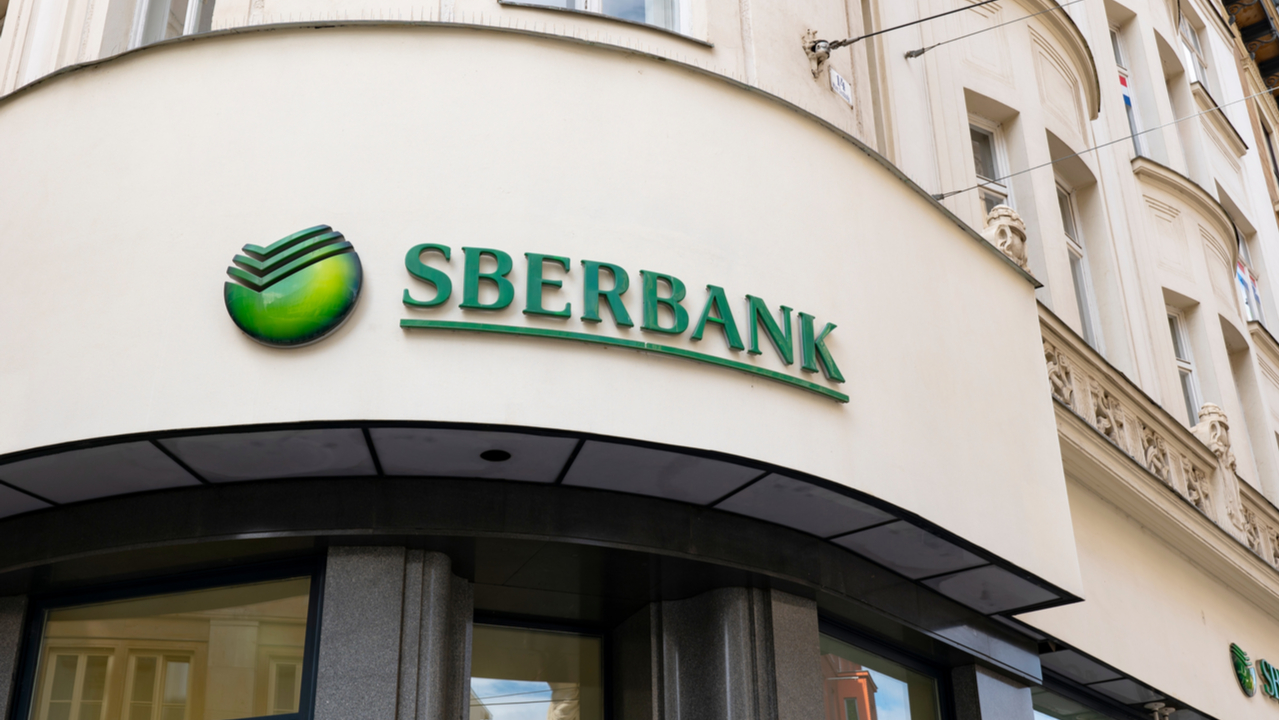
Russia’s largest bank, Sberbank, is going to carry out the first transfer of digital assets on its own dedicated platform within a month, a top executive revealed this week. This announcement follows earlier in the year when Sberbank was granted permission to issue digital assets.
Sberbank Sets Up Deal with Digital Financial Assets On Proprietary Platform
Tass reported that Sberbank (Russian majority state-owned bank) will make the first transactions with digital assets (DFAs), on its platform within a month. Anatoly Popov (deputy chairman of Management Board for the financial and banking services company) was quoted by the news agency.
Speaking on the sidelines of the St. Petersburg International Economic Forum, the high-ranking executive reminded that Sberbank, which accounts for about a third of all bank assets in Russia, was added to the Central Bank of Russia’s register of information system operators permitted to issue DFAs this spring.
‘Digital financial assets’ is the current term in Russian law describing cryptocurrencies and other digital assets. Additional legislation is on the way, with a bill “On Digital Currency,” proposed by the Ministry of Finance to comprehensively regulate the country’s crypto market, likely to be adopted during the fall session of the State Dima, the lower house of parliament.
“We are watching the development of new technologies, including in the field of distributed ledgers. We are studying how blockchain technologies are developing,” Popov commented. “Currently, there are many projects using them, and in Sber, of course, too.”
Sberbank’s deputy chairman also noted that the bank’s digital asset platform has already passed acceptance tests. In March, a press release stated that DFAs would be issued through the blockchain-based platform.
It will also be available to other companies to allow them to create their own digital assets in order to attract investment. They can also make payments with DFAs in accordance to Russian Federation regulations.
For now, the law “On Digital Financial Assets,” which went into force in January of 2021, is the main piece of legislation regulating cryptocurrencies and tokens in Russia. Although it established guidelines to regulate activities, such as the issuing of digital coins or fundraising via tokens, most key operations for cryptocurrencies such mining and trading still need to be regulated.
Are you expecting other Russian banks will start to work with digital assets as well? Leave your thoughts in the comment section.
Image creditShutterstock. Pixabay. Wiki Commons. Mino Surkala
DisclaimerThis information is provided for educational purposes only. This article is not intended to be a solicitation or offer to sell or buy any product, service, or company. Bitcoin.com doesn’t offer investment, tax or legal advice. The author and the company are not responsible for any loss or damage caused by the content or use of any goods, services, or information mentioned in the article.